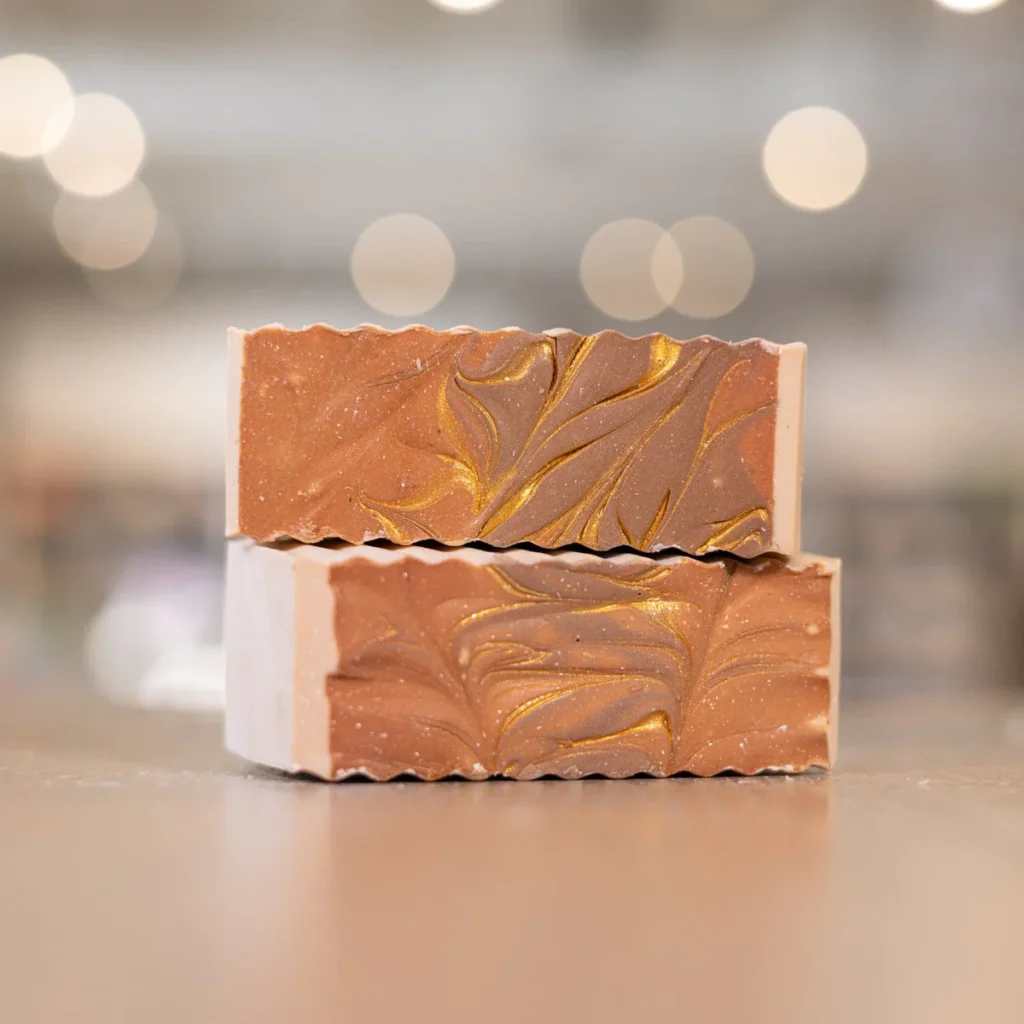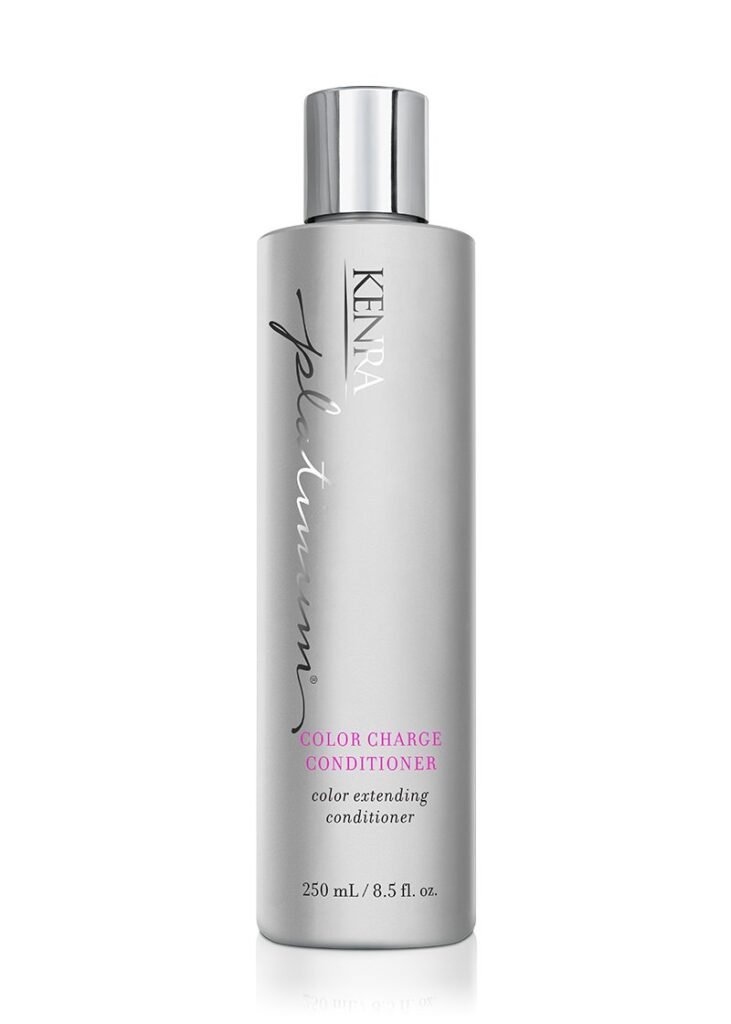Coconut shea butter soap is a natural soap that is made from the oil of the coconut fruit and shea butter, which is a fat that is extracted from the nuts of the shea tree. Both coconut oil and shea butter have a number of benefits for the skin, and when combined in a soap, they create a product that is both cleansing and moisturizing.

Table of Contents
Ingredients
Sodium Cocoate (from Coconut Oil), Sodium Palmate (from Palm Oil), Sodium Rapeseedate (from Rapeseedate Oil), Fragrance, Sodium Olivate (from Olive Oil), Butyrospermum Parkii (Shea) Butter, Fluorphlogopite, Titanium Dioxide, Tin Dioxide, Iron Oxides, Mica
Benefits of coconut shea butter soap
- It is gentle on the skin. Coconut shea butter soap is a non-comedogenic soap, which means that it does not clog pores. It is also a mild soap, so it is ideal for people with sensitive skin.
- It is moisturizing. Coconut oil and shea butter are both rich in fatty acids, which help to moisturize and nourish the skin. Coconut shea butter soap can help to relieve dryness and itching, and it can also help to improve the overall appearance of the skin.
- It has antibacterial and antifungal properties. Coconut oil contains lauric acid, which has antibacterial and antifungal properties. This makes coconut shea butter soap a good choice for people who are prone to skin infections.
- It can help to reduce inflammation. Shea butter contains anti-inflammatory properties, which can help to reduce redness and swelling. Coconut shea butter soap can be beneficial for people with skin conditions such as eczema and psoriasis.
- It can help to protect the skin from the sun. Coconut oil and shea butter both contain natural SPF properties, which can help to protect the skin from the harmful UV rays of the sun. Coconut shea butter soap can be used as a natural sunscreen, and it can also be used to help soothe and repair sunburned skin.
Ways in which coconut shea butter soap can be used to benefit the skin
- For dry skin: Coconut shea butter soap can be used to cleanse and moisturize dry skin. It can help to relieve dryness, itching, and flaking.
- For acne-prone skin: Coconut shea butter soap can be used to cleanse and treat acne-prone skin. Its antibacterial properties can help to clear up existing blemishes and prevent new ones from forming.
- For sensitive skin: Coconut shea butter soap is a good choice for people with sensitive skin. It is gentle and non-irritating.
- For eczema and psoriasis: Coconut shea butter soap can be used to soothe and relieve the symptoms of eczema and psoriasis. Its anti-inflammatory properties can help to reduce redness and swelling.
- For sunburned skin: Coconut shea butter soap can be used to cleanse and soothe sunburned skin. Its natural SPF properties can help to protect the skin from the sun’s harmful UV rays.
coconut shea butter soap can also be used to:
- Cleanse the face and body
- Remove makeup
- Shave
- Treat diaper rash
- Soothe cracked heels
- Reduce the appearance of wrinkles and fine lines
- How to use coconut shea butter soap
Coconut shea butter soap can be used in the same way as any other soap. Simply wet your skin and apply the soap. Lather the soap and rinse it off with warm water.
You can use coconut shea butter soap on your face and body. It is also safe to use on children and babies.
How to Make Coconut Soap at Home in 2023
How to choose a coconut shea butter soap
When choosing a coconut shea butter soap, look for a soap that is made with high-quality ingredients. The soap should also be free of harsh chemicals and fragrances.
If you have sensitive skin, look for a soap that is hypoallergenic and non-comedogenic.
Where to buy coconut shea butter soap
Coconut shea butter soap can be purchased at most drugstores, grocery stores, and natural food stores. It can also be purchased online.
Conclusion
Coconut shea butter soap is a natural soap that has a number of benefits for the skin. It is gentle, moisturizing, and has antibacterial and antifungal properties. Coconut shea butter soap can be used to cleanse, moisturize, and treat a variety of skin conditions, including dry skin, acne-prone skin, eczema, and psoriasis.




